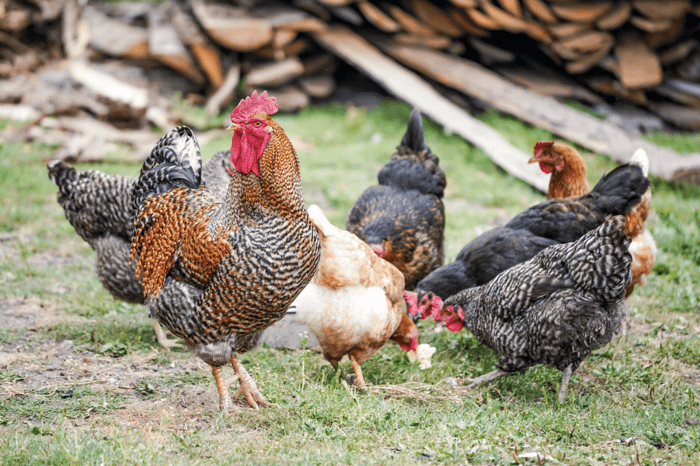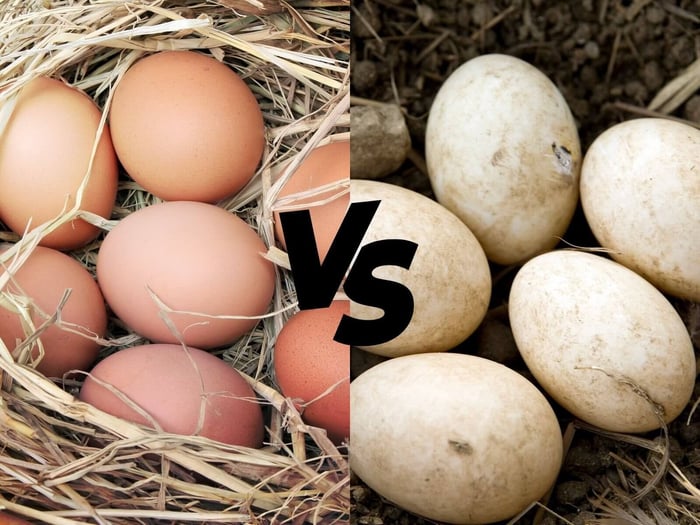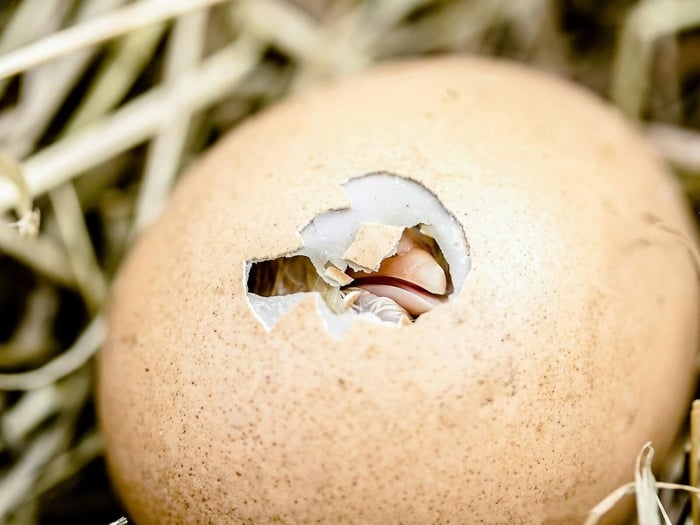Table of Contents
Chicken Eggs vs Quail Eggs: Taste, Nutrition & Benefits
Eggs are a kitchen staple, loved for their versatility and packed with nutrition. But when it comes to Chicken Eggs vs Quail Eggs, which one comes out on top? Whether you're a foodie exploring new flavors, a health-conscious eater, or just curious about these tiny powerhouses, this guide breaks down the taste, nutrition, and benefits of both. Let’s dive into the egg-citing world of chicken and quail eggs to help you decide which suits your needs best!
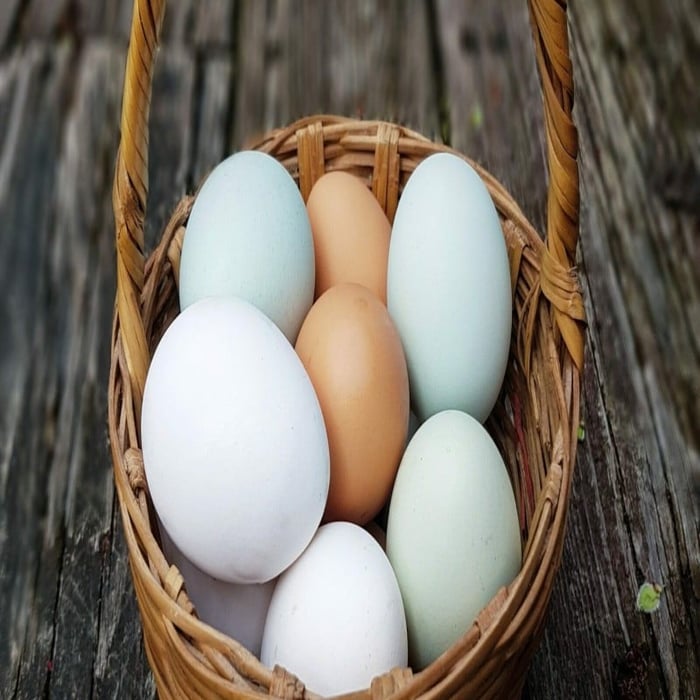 Why Chicken Eggs?
Why Chicken Eggs?
Chicken eggs are the go-to choice for most households. Available in white or brown varieties, they’re affordable, widely available, and used in everything from breakfast scrambles to baked goods. A single large chicken egg weighs about 50 grams and is a reliable source of protein, vitamins, and minerals.
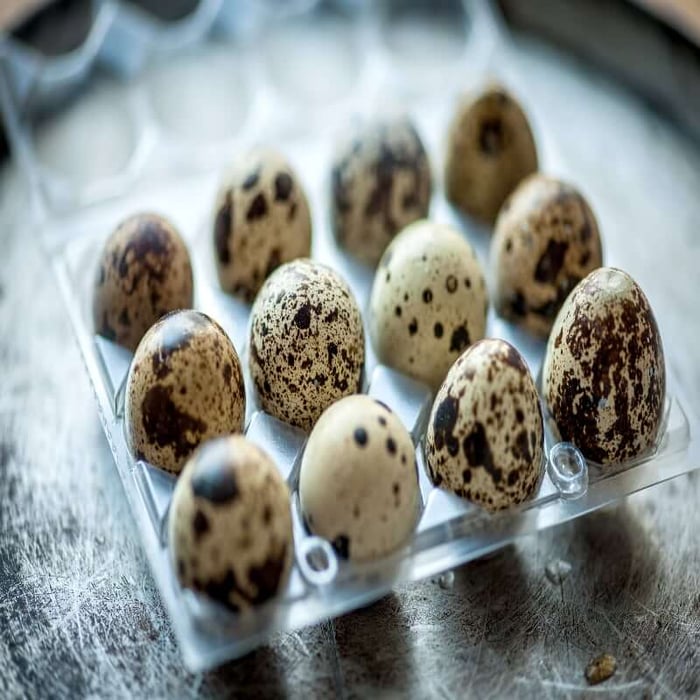 What About Quail Eggs?
What About Quail Eggs?
Quail eggs, on the other hand, are petite and speckled, often seen as a gourmet ingredient. These tiny eggs, weighing around 10–15 grams each, come from quails, small birds raised for both their eggs and meat. Despite their size, quail eggs pack a surprising nutritional punch and are gaining popularity in health food circles and upscale restaurants.
Taste: Chicken Eggs vs Quail Eggs
When comparing Chicken Eggs vs Quail Eggs, taste is a big factor. Chicken eggs have a mild, familiar flavor that works in almost any dish. Whether boiled, fried, or baked, their taste is subtle and slightly rich, with the yolk offering a creamy texture.
Quail eggs, however, have a bolder, richer flavor despite their smaller size. The yolk-to-white ratio is higher, giving them a creamier, more intense taste. Some describe quail eggs as slightly gamey, which makes them a favorite for gourmet dishes like appetizers or garnishes. If you’re looking to elevate a recipe, quail eggs can add a unique twist.
Taste Verdict: Chicken eggs win for versatility and familiarity, while quail eggs shine for their rich, gourmet appeal.
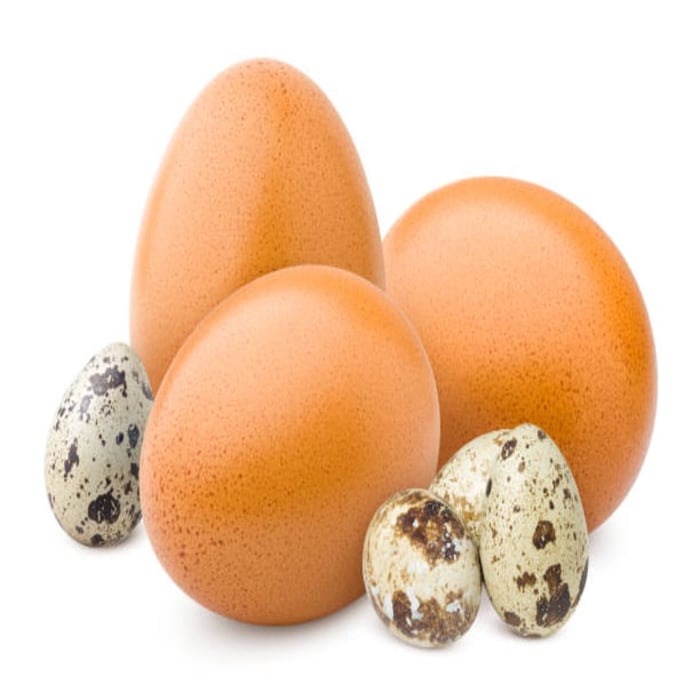 Nutrition Breakdown: Chicken Eggs vs Quail Eggs
Nutrition Breakdown: Chicken Eggs vs Quail Eggs
Let’s get to the nitty-gritty: how do Chicken Eggs vs Quail Eggs stack up nutritionally? Since quail eggs are smaller, we’ll compare them per 100 grams to keep things fair.
Chicken Eggs (per 100g, about 2 large eggs)
- Calories: ~140 kcal
- Protein: ~12g
- Fat: ~10g (3g saturated)
- Cholesterol: ~373mg
- Vitamins: Rich in B12, D, and choline
- Minerals: Good source of selenium and phosphorus
Chicken eggs are a fantastic source of high-quality protein, containing all nine essential amino acids. They’re also loaded with choline, which supports brain health, and vitamin D for strong bones.
Quail Eggs (per 100g, about 7–10 eggs)
- Calories: ~158 kcal
- Protein: ~13g
- Fat: ~11g (3.5g saturated)
- Cholesterol: ~844mg
- Vitamins: High in B2 (riboflavin), B12, and A
- Minerals: Rich in iron, phosphorus, and selenium
Quail eggs edge out slightly in protein and certain vitamins like B2, which supports energy production. However, their higher cholesterol content might raise eyebrows for some. Keep in mind that dietary cholesterol’s impact on blood cholesterol is minimal for most people, so this shouldn’t be a dealbreaker.
Nutrition Verdict: Both eggs are nutrient-dense, but quail eggs have a slight edge in certain vitamins, while chicken eggs are more balanced and lower in cholesterol per serving.
 Health Benefits of Chicken Eggs vs Quail Eggs
Health Benefits of Chicken Eggs vs Quail Eggs
When exploring Chicken Eggs vs Quail Eggs, the health benefits are a key consideration. Both offer unique advantages depending on your dietary goals.
Benefits of Chicken Eggs
- Muscle Building: With 6g of protein per egg, they’re a go-to for athletes and fitness enthusiasts.
- Brain Health: Choline supports cognitive function and may reduce the risk of neurological issues.
- Affordable Nutrition: Chicken eggs are budget-friendly, making them accessible for daily meals.
- Eye Health: Lutein and zeaxanthin in egg yolks promote healthy vision.
Benefits of Quail Eggs
- Immune Support: Higher levels of vitamin A and selenium boost immunity.
- Energy Boost: Riboflavin (B2) aids in energy metabolism, keeping you energized.
- Antioxidant Power: Quail eggs contain more antioxidants, which may help combat oxidative stress.
- Allergy-Friendly: Some studies suggest quail eggs are less likely to trigger egg allergies, though more research is needed.
Benefits Verdict: Chicken eggs are great for everyday nutrition, while quail eggs offer niche benefits like immune support and potential allergy advantages.
Practical Uses in Cooking
When it comes to cooking, Chicken Eggs vs Quail Eggs serve different purposes. Chicken eggs are the ultimate all-rounder. From omelets to cakes, their size and mild flavor make them a kitchen workhorse. One large chicken egg equals about 4–5 quail eggs, so recipes may need adjusting.
Quail eggs are often used for their aesthetic appeal. Their tiny size and speckled shells make them perfect for fancy appetizers, sushi garnishes, or bite-sized boiled eggs in salads. They cook faster due to their size, so keep an eye on them to avoid overcooking. For example, boiling quail eggs takes just 2–3 minutes compared to 10–12 minutes for chicken eggs.
Cooking Tip: If you’re substituting quail eggs in a recipe, use a 4:1 ratio (four quail eggs per chicken egg) to match volume.
Cost and Availability
Chicken eggs are widely available in grocery stores, farmers’ markets, and even backyard coops. They’re typically sold by the dozen and are one of the most affordable protein sources, costing around $3–$6 per dozen depending on whether they’re organic or free-range.
Quail eggs are less common and often found in specialty stores, Asian markets, or online. They’re pricier, often costing $5–$10 for a dozen due to their smaller yield and niche market. If you’re on a budget, chicken eggs are the clear winner, but quail eggs are worth the splurge for special occasions.
Sustainability and Ethical Considerations
When comparing Chicken Eggs vs Quail Eggs, sustainability matters to many consumers. Chicken farming is well-established, but large-scale operations can raise concerns about animal welfare and environmental impact. Opting for free-range or pasture-raised chicken eggs can address some of these issues.
Quail farming is smaller-scale, often done by local or specialty farms. Quails require less space and feed, which can make their eggs a more eco-friendly choice. However, their niche status means fewer regulations, so it’s worth researching the farm’s practices if ethical sourcing is a priority.
Which Should You Choose?
The Chicken Eggs vs Quail Eggs debate depends on your needs:
- Choose Chicken Eggs if you want affordability, versatility, and a familiar taste for everyday cooking.
- Choose Quail Eggs if you’re after a gourmet flair, unique health benefits, or a sustainable option for special dishes.
Both eggs are nutritious and delicious, so why not experiment with both? Try chicken eggs for your morning scramble and quail eggs for a fancy appetizer at your next dinner party.
Whether you’re Team Chicken or Team Quail, both eggs bring something special. Next time you’re at the store, grab a dozen each and see which one wins your heart (and taste buds)! Have you tried quail eggs before?
FAQs
Are quail eggs healthier than chicken eggs?
Both are nutritious, but quail eggs have slightly more protein and vitamins like B2, while chicken eggs are lower in cholesterol and more balanced overall.
Can I substitute quail eggs for chicken eggs in recipes?
Yes, use about 4–5 quail eggs per chicken egg. Adjust cooking times since quail eggs cook faster.
Are quail eggs safe for people with egg allergies?
Some evidence suggests quail eggs may be less allergenic, but consult a doctor before trying them if you have an egg allergy.
Where can I buy quail eggs?
Check specialty grocery stores, Asian markets, or online retailers. They’re less common than chicken eggs but growing in popularity.


.png)
